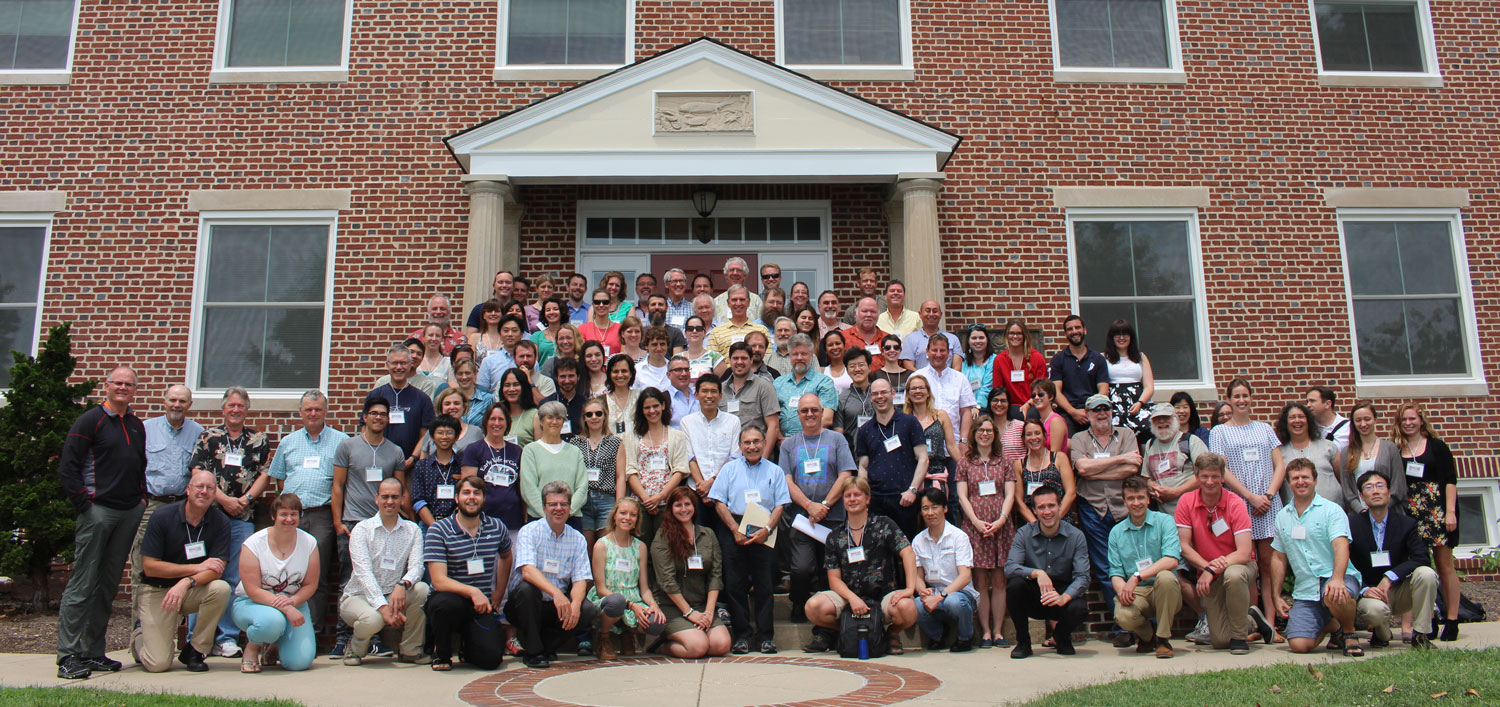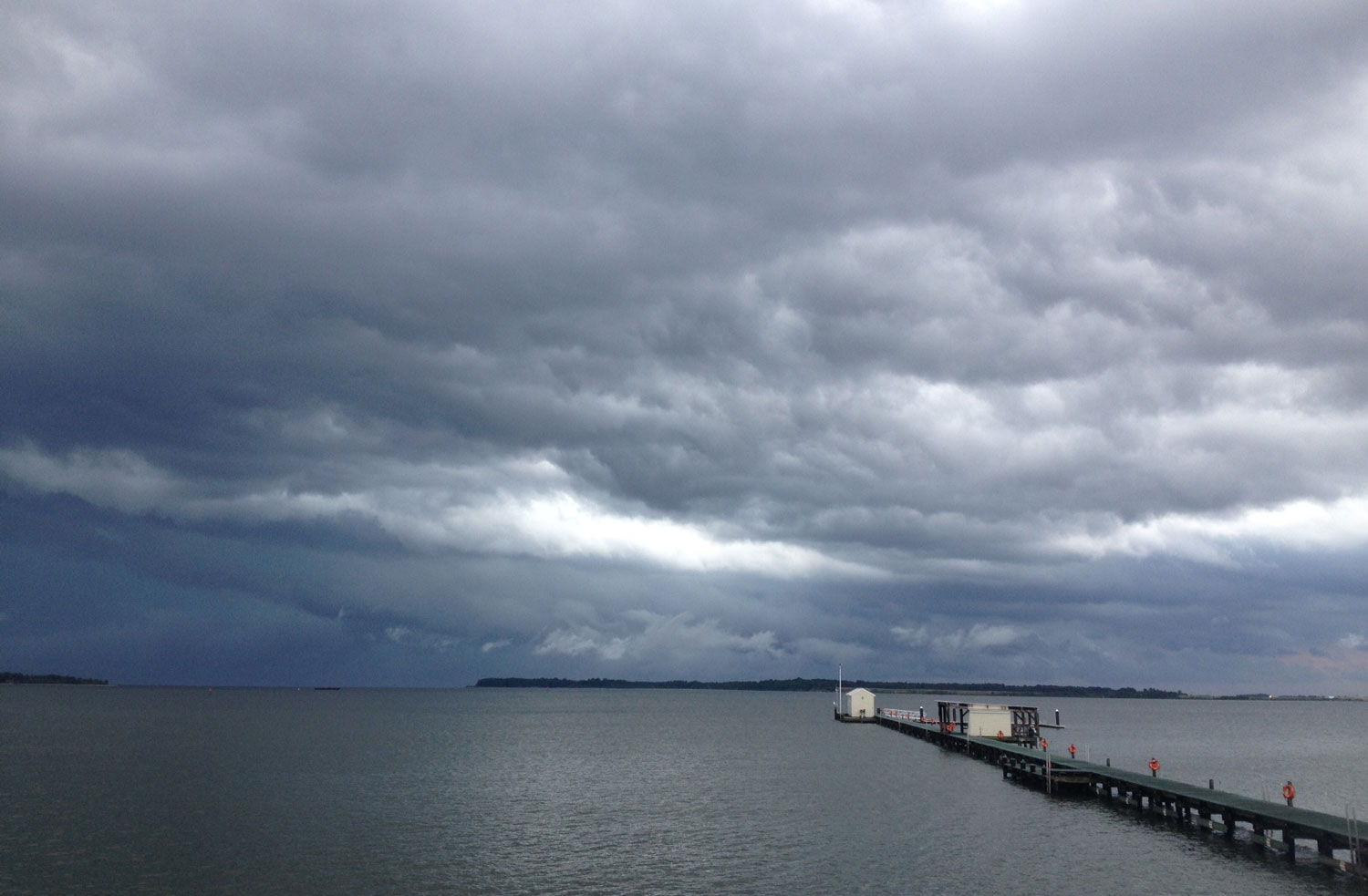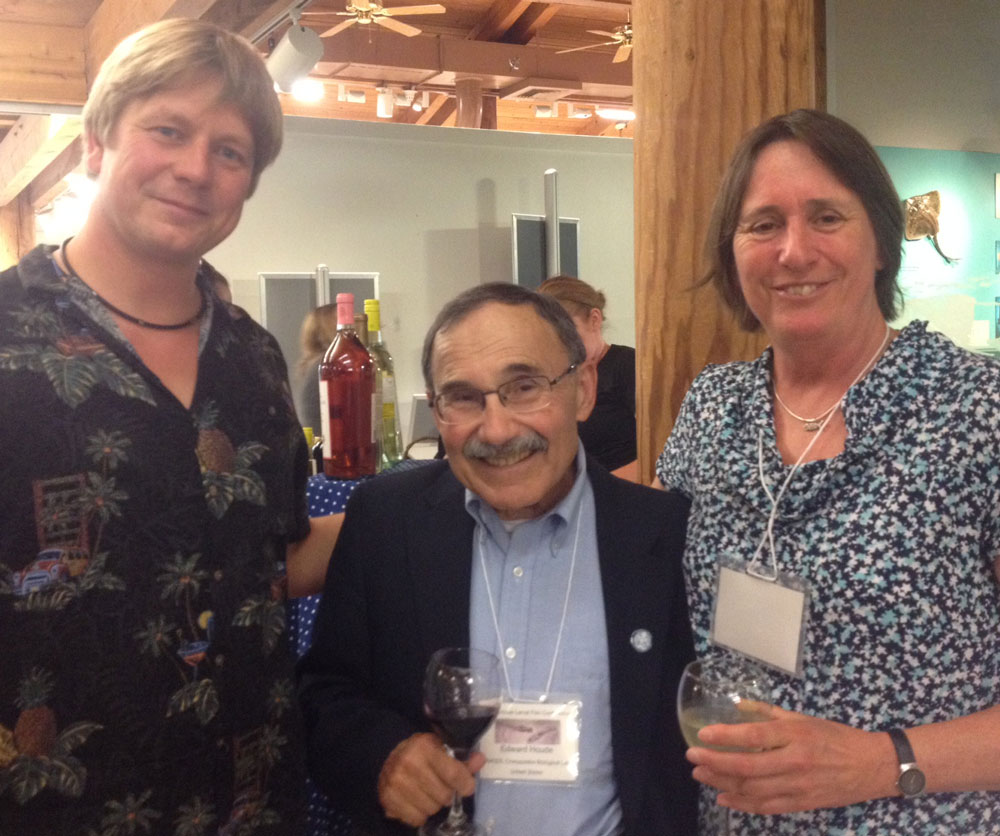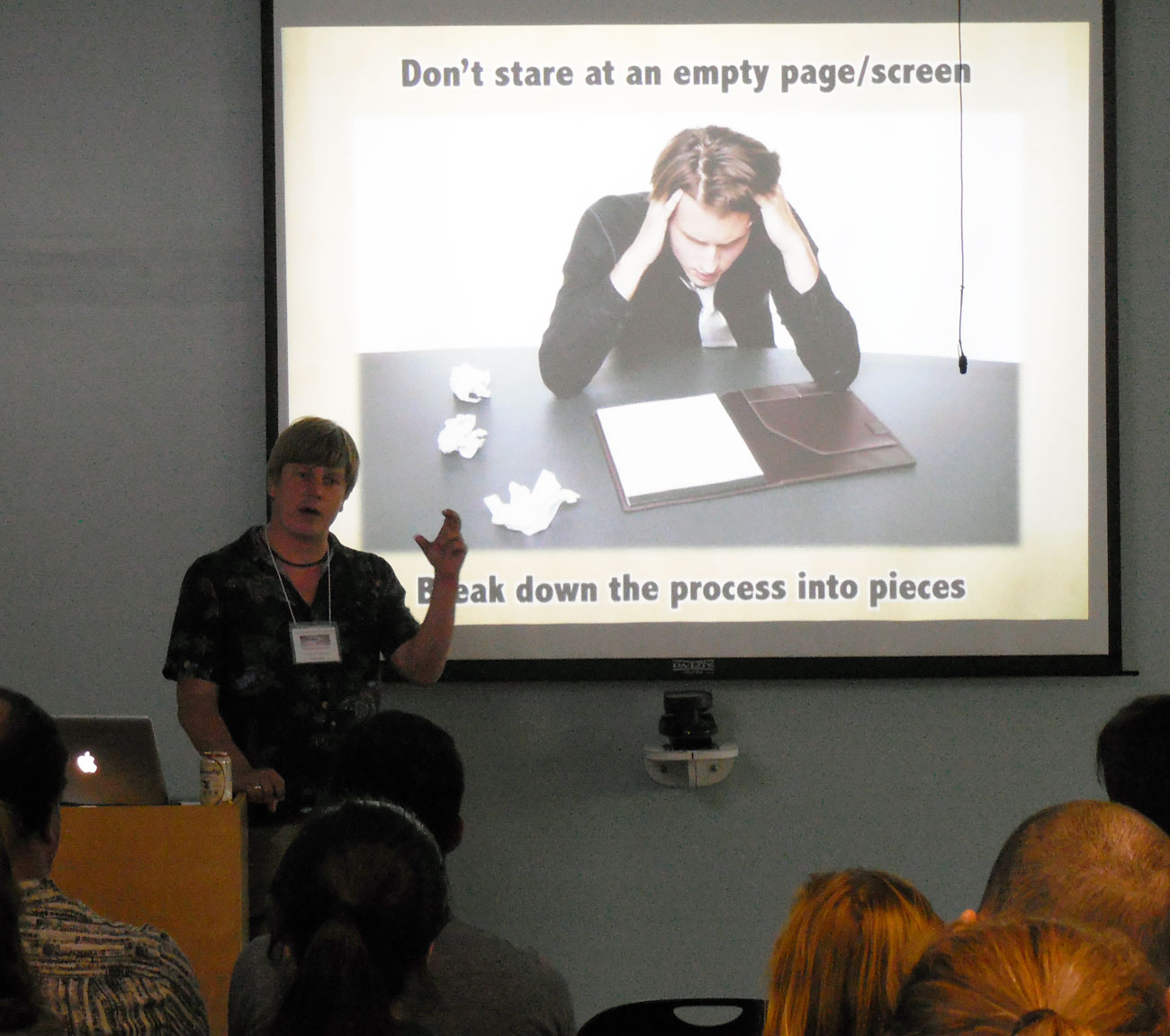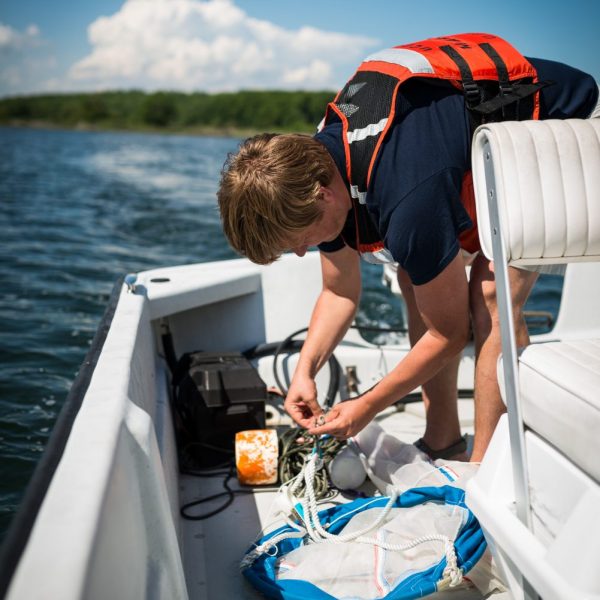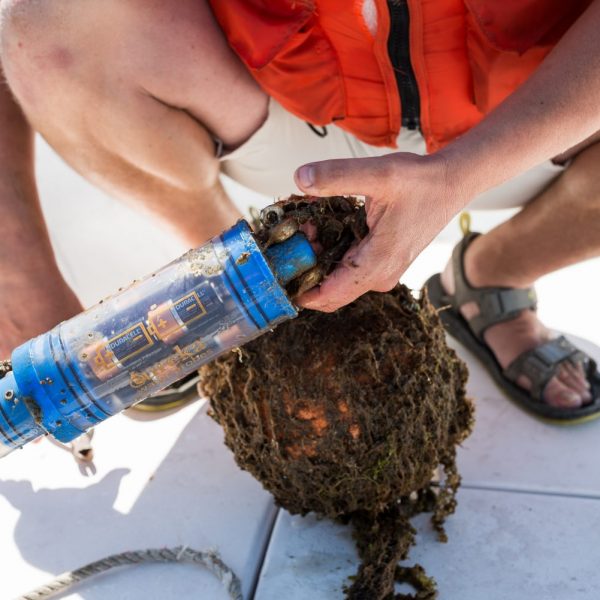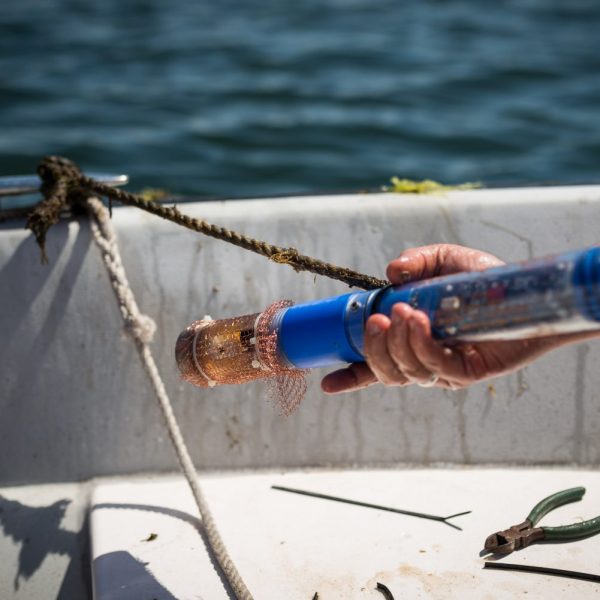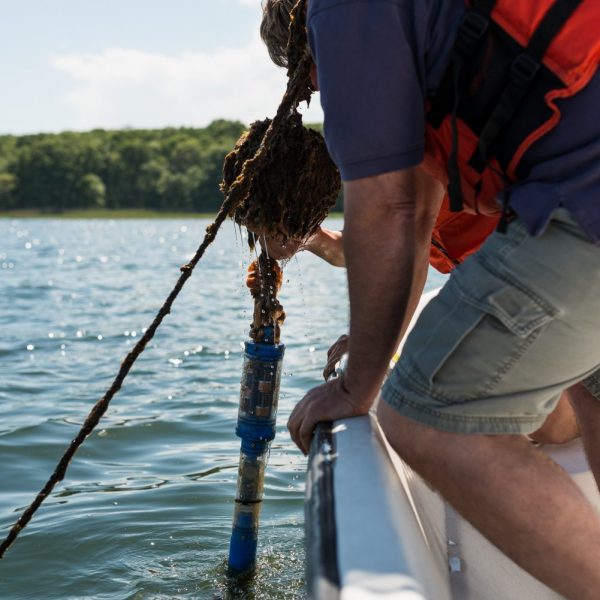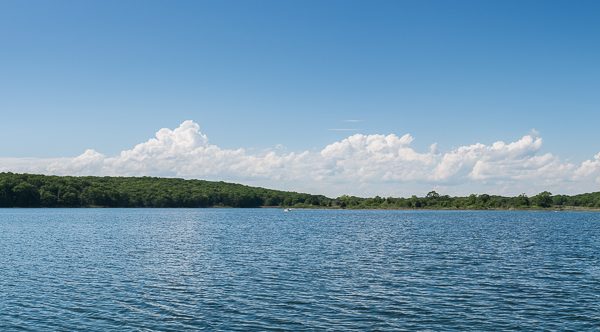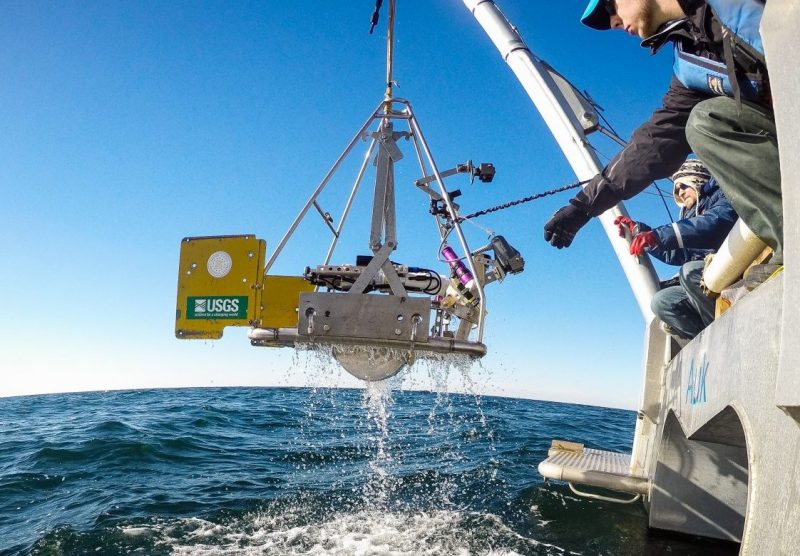The 40th Larval Fish Conference of the American Fisheries Society‘s (AFS) Early life history section (ELHS) was held from 19 – 23 June 2016 at the Chesapeake Biological Laboratory in Solomons, MD.
This small conference brought together approximately 150 international scientists to talk about larval fish growth, survival, maternal effects, dispersal, systematics to name just a few. It was held in special honor of Edward Houde, who over his long career has inspired generations of marine scientists.
While Chris was presenting last years data about growth consequences of high CO2 exposure across life stages in our model species, the Atlantic Silverside, Hannes participated in the Early Career workshop and gave a talk about how to approach the writing of a scientific manuscript (PDF).
http://media.befel.marinesciences.uconn.edu/public_html/docs/Baumann-LFC-Writing_workshop_web.pdf
Thanks to all the colleagues and friends for the great time and conversations. See you next year in Austin (TX)!

